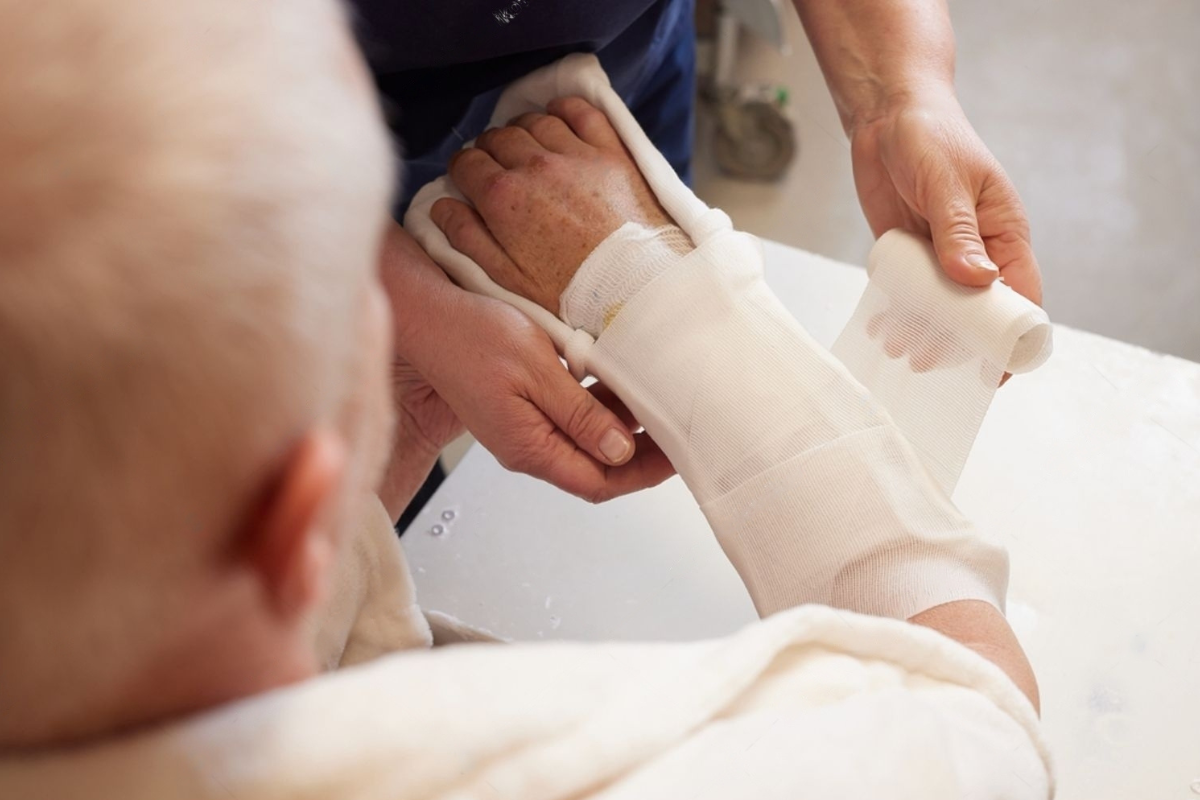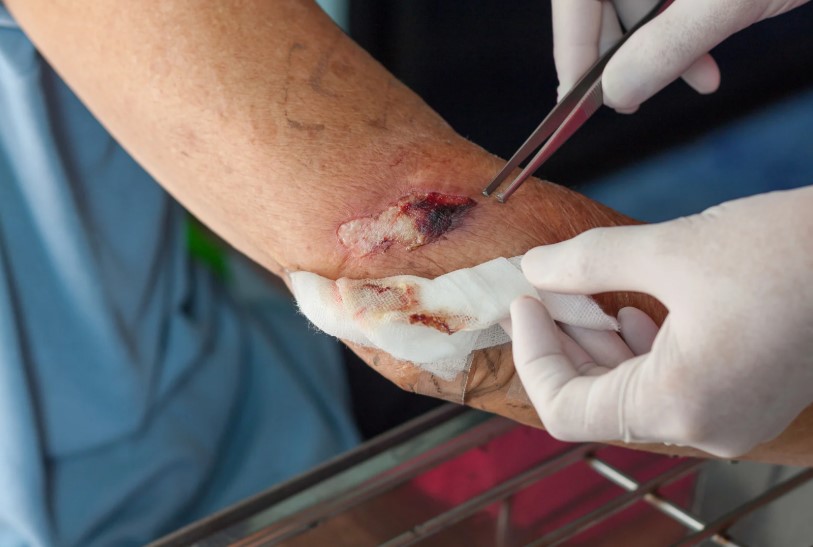Dealing with a torn ACL (Anterior Cruciate Ligament) can severely impact your daily activities and sports performance. When faced with such an injury, considering knee surgery becomes crucial for long-term recovery and stability.
Understanding ACL Injuries
The ACL is a critical ligament in the knee that stabilizes the joint during movements like pivoting or sudden changes in direction. Injuries often occur during sports activities or accidents, characterized by symptoms such as swelling, instability, and pain. Recognizing these signs early and consulting a specialist in knee surgery is essential for timely treatment.
Treatment Options for ACL Injuries
While some minor ACL tears may heal with conservative treatments like physical therapy and bracing, severe tears often require surgical intervention. Knee surgery, specifically ACL reconstruction, offers a more permanent solution by replacing the torn ligament with a graft sourced from your body or a donor. This procedure is designed to restore knee stability and function effectively.
Who Needs ACL Reconstruction?
ACL reconstruction is typically recommended for individuals who wish to restore full knee function and stability, especially those who lead active lifestyles or participate in sports. Candidates for knee surgery are evaluated based on the extent of their injury, their overall health, and their personal goals for recovery and return to activity.
The ACL Reconstruction Procedure
During ACL reconstruction knee surgery, the orthopedic surgeon will perform an arthroscopic procedure to access the knee joint. Using small incisions, they will remove the damaged ligament and replace it with a graft. Common graft options include using tissue from your own body (autograft) or from a donor (allograft). This surgical approach minimizes recovery time and reduces the risk of complications.
Risks and Complications
Like any surgical procedure, ACL reconstruction carries certain risks, such as infection, blood clots, and graft failure. However, with proper pre-operative preparation and post-operative care, these risks can be minimized. Your orthopedic surgeon will provide detailed instructions to enhance recovery and reduce the likelihood of complications following knee surgery.
Benefits of ACL Reconstruction
The benefits of ACL surgery extend beyond restoring knee stability. Successful knee surgery can significantly improve joint function, reduce pain, and enhance your ability to engage in physical activities without fear of instability. Many patients experience a return to their pre-injury activity levels, enjoying sports and daily routines with renewed confidence.
Consultation and Preparation
Before deciding on ACL reconstruction knee surgery, it’s essential to schedule a consultation with an experienced orthopedic surgeon specializing in knee surgery. Prepare for your appointment by discussing your injury history, current symptoms, and treatment goals. Ask questions about the surgical procedure, expected recovery timeline, and potential outcomes to make an informed decision about your knee health.
Takeaway
ACL reconstruction knee surgery offers a reliable solution for individuals seeking to regain knee stability and function after an ACL injury. By understanding the procedure, its benefits, and potential risks, you can confidently choose the best course of action for your long-term knee health. Consultation with a qualified orthopedic surgeon is key to receiving personalized advice and planning your journey toward recovery.






